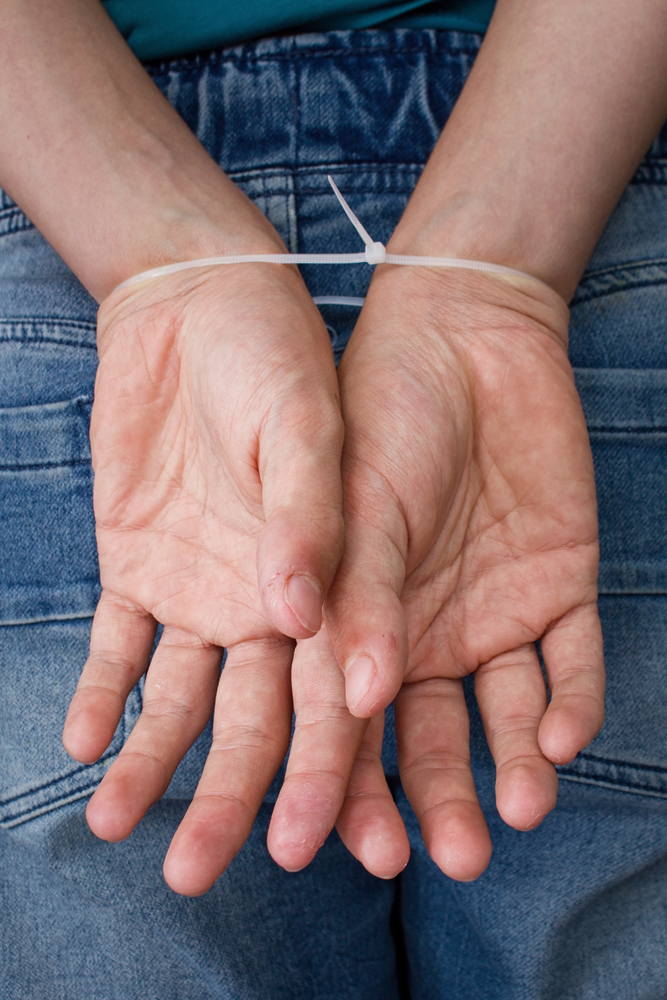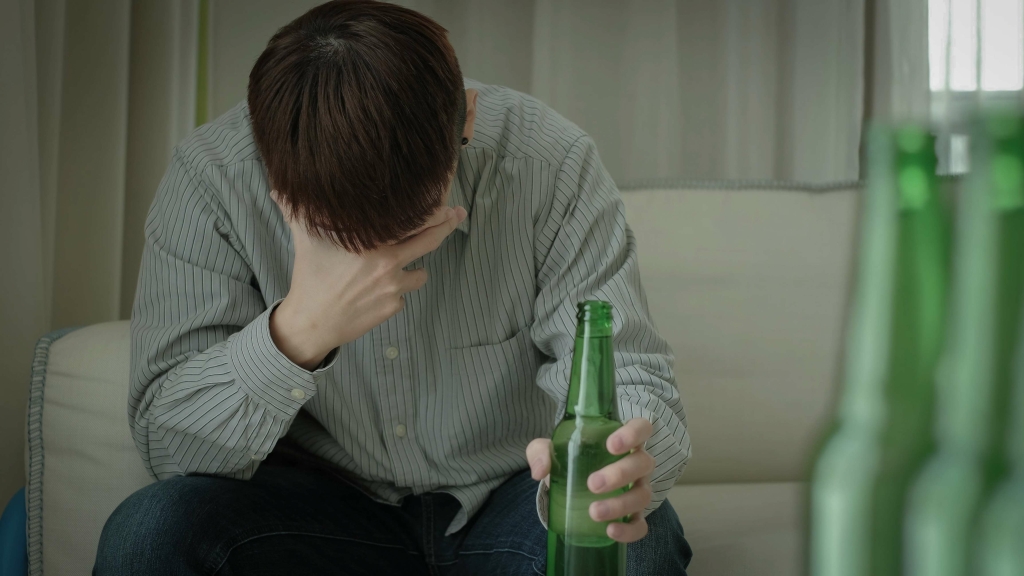

If any area of your life is out of control, it will not help you maintain lasting sobriety. The symptoms involved in PAWS can be a barrier to recovery if you’re not careful. In addition to being able to recognize them, it’s important to know when to seek help. Others in recovery or professionals who work in addiction understand that you still need support. However, if you are feeling depressed or find yourself constantly wanting to return to the addictive behavior, you should seek support and treatment. Once you understand your triggers, you can put things in place to reduce the chance of relapsing again.

If you’re struggling with alcohol misuse, there are resources http://zoocats.ru/?state=british&link=news&page=4 available to help. AAC offers inpatient and outpatient treatment services, as well as medical detox, in a compassionate environment under licensed medical professionals. If you’re battling with an addiction to alcohol, please reach out for help.
After completing the program, transitioning to an outpatient program can provide continued support while reintegrating into daily life. • Developing a detailed relapse prevention plan and keeping it in a convenient place for quick access when cravings hit, which helps guard against relapse in the future. A good relapse prevention plan specifies a person’s triggers for drug use, lists several coping skills to deploy, and lists people https://arsaman.ru/news/toni_adams_pochemu_venger_ne_vzjal_by_menja_v_svoi_pomoshhniki/2017-05-19-11990 to call on for immediate support, along with their contact information. Addiction doesn’t just affect individuals; addiction is a family affliction. The uncertainty of a person’s behavior tests family bonds, creates considerable shame, and give rise to great amounts of anxiety.
Recovery signals a dramatic shift in the expectation for positive outcomes for individuals who experience mental and substance use conditions or the https://bahchisaray.org.ua/index.php?s=df3c7f672acbf9f1e5fdf04368a1342c&showtopic=14217&pid=61410&st=0& co-occurring of the two. Each phase of the recovery timeline presents its own challenges and opportunities for growth. The initial stage, acute withdrawal, can be the most physically intense, with symptoms like anxiety and sleep disturbances.


Family and friends play a critical role in providing emotional support and encouragement. Joining self-help groups, like AA and NA, can connect you with others going through similar experiences, offering shared wisdom and accountability. Like diabetes or heart disease, addiction can last a lifetime and requires ongoing treatment.